South Korea’s Sunshine Policy Keeps North Koreans in the Dark
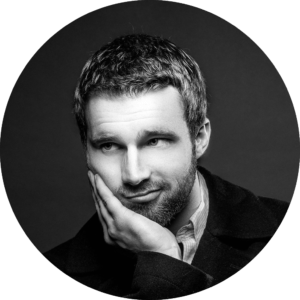
By Michael Powers
Staff Writer
23/1/2021
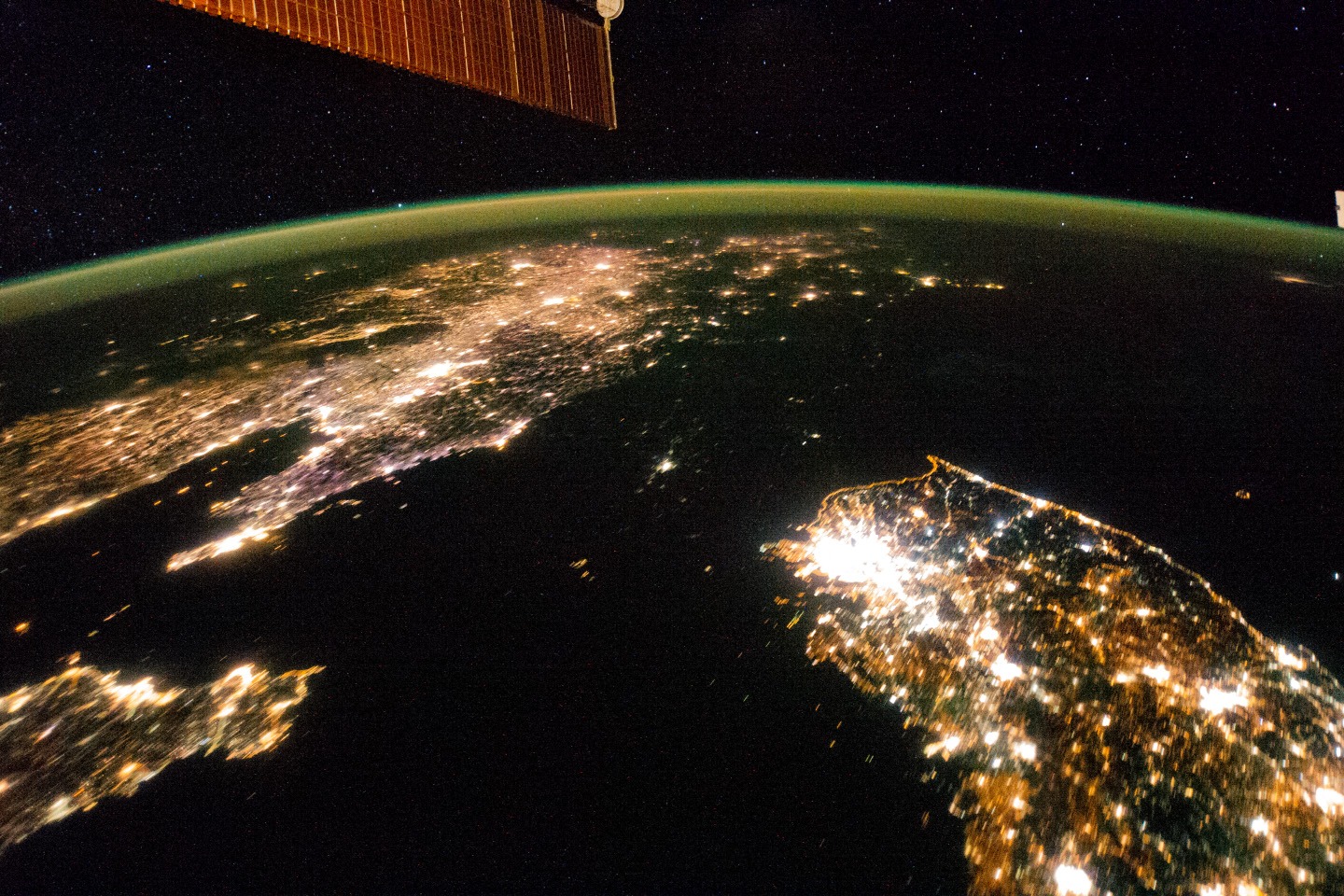
Photo of the Korean peninsula at night from the International Space Station. Note how dark North Korea is compared to South Korea. (Picture Credit: NASA Goddard Space Flight Center)
In the late 90s, Park Sang-hak’s father, a North Korean intelligence officer, was working on assignment in Japan when he learned something he wasn’t supposed to know – the true extent of the famine in his country. He sent word to his family: “defect.” Park, his mother, and his two siblings escaped across the Chinese border before ultimately flying to South Korea. Back home, his relatives were punished for this betrayal. The regime tortured two of Park’s uncles to death, pushed his cousins out onto the street, and beat Park’s former fiancé so severely she was no longer recognizable.
Since then, Park has made himself a thorn in the Kim regime’s side. He is the founder and chairman of Fighters for a Free North Korea, an organization that fills balloons with information and humanitarian supplies, and then launches them into North Korea to sow dissent. Despite looking like a fat little boy, North Korea’s Supreme Leader, Kim Jong-un, doesn’t like these balloons. In fact, he hates them. In an interview with Foreign Policy, Park said there have been at least two failed attempts by Kim’s government to have him assassinated.
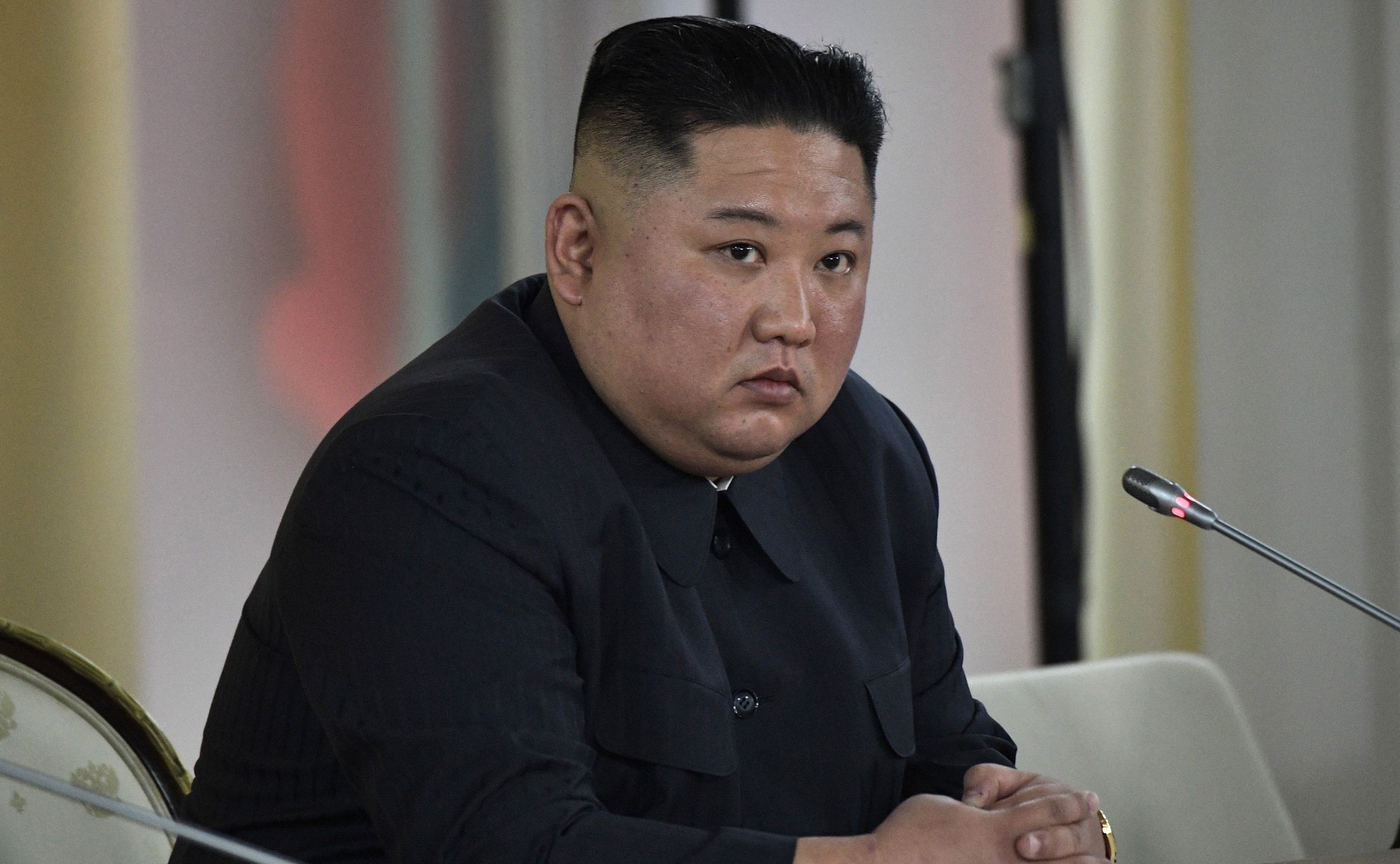
Kim Jong-un
Last June, Kim Jong-un’s sister, Kim Yo-jong released a statement condemning the balloon launches and demanding that the South Korean government stop them. She referred to activists like Park as “mongrel dogs” and “human scum,” and threatened to renege on the 2018 Panmunjom declaration, which aimed to ease military tensions between the two countries. And so, last December, the South Korean legislature passed a bill banning the practice. Violators will face fines and jail time. It’s a cowardly move by an administration that seems more interested in appeasing the North Korean regime than protecting the rights of its own citizens. But, far worse, it allows the oppression of the North Korean people to continue unabated.
North Korea has long been accused of human rights abuses against its people. Due to the Kim regime’s secrecy, most of these abuses only come to light through the testimony of North Korean defectors like Park Sang-hak. For a time it was easy to dismiss or challenge the veracity of these claims. Too few people had defected, and of those, only a small number were willing to share their stories, the others fearing retribution against their remaining friends and family in North Korea. In order to get people to go on the record, cash payments in exchange for interviews have become normal, a practice which raises valid concerns that interviewees may embellish or exaggerate their stories.
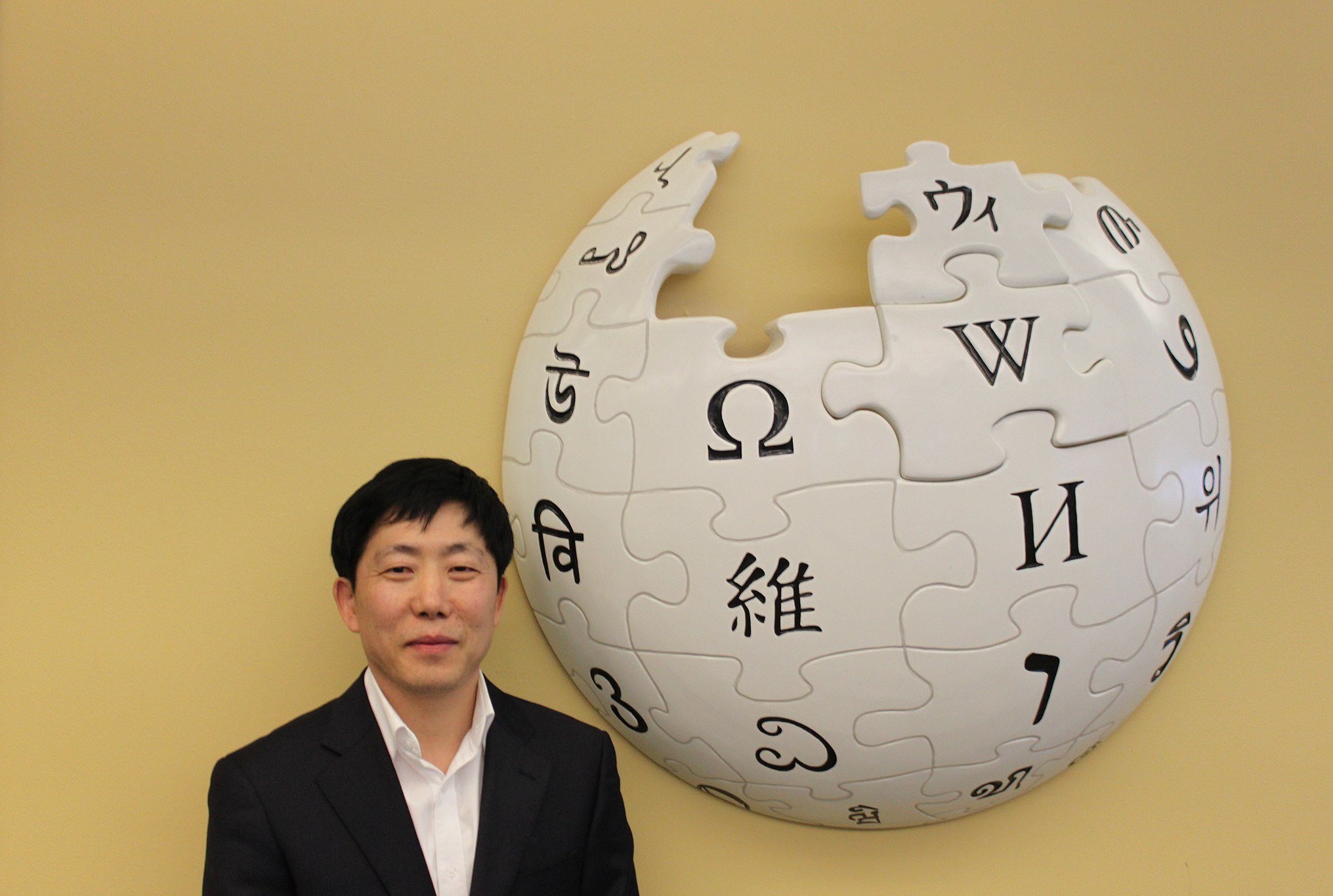
Park Sang-hak after a Q&A with Wikimedia Foundation staff (Picture Credit: Tbayer (WMF))
However, in 2014 the United Nations Human Rights Council conducted an investigation into the human rights situation in North Korea. The Council concluded that it had sufficient evidence to accuse the North Korean government of a multitude of crimes against humanity. If these claims were false, allowing the commission into North Korea to collect empirical evidence could easily have set the record straight, but the North Korean government refused to cooperate with the commission in any way. It may be true that some inconsistencies and even fabrications have found their way into circulation, but the growing body of testimony allows us to cross-reference defectors’ stories and form a picture of the true situation in North Korea.
According to the UN report, those that fall afoul of the Party face grave repercussions. Public executions and “disappearances” to forced labor camps are not uncommon. Children go hungry due to their parents’ perceived disloyalty. North Koreans do not have freedom of thought, expression, movement, or religion. The Party decides what they see on TV and hear on the radio, and punishes those caught consuming foreign media. In one of the more heartbreaking sections of the report, it asserts that women who escape to China but are repatriated back to North Korea face torture and sexual violence, and that, “Repatriated women who are pregnant are regularly subjected to forced abortions, and babies born to repatriated women are often killed.”
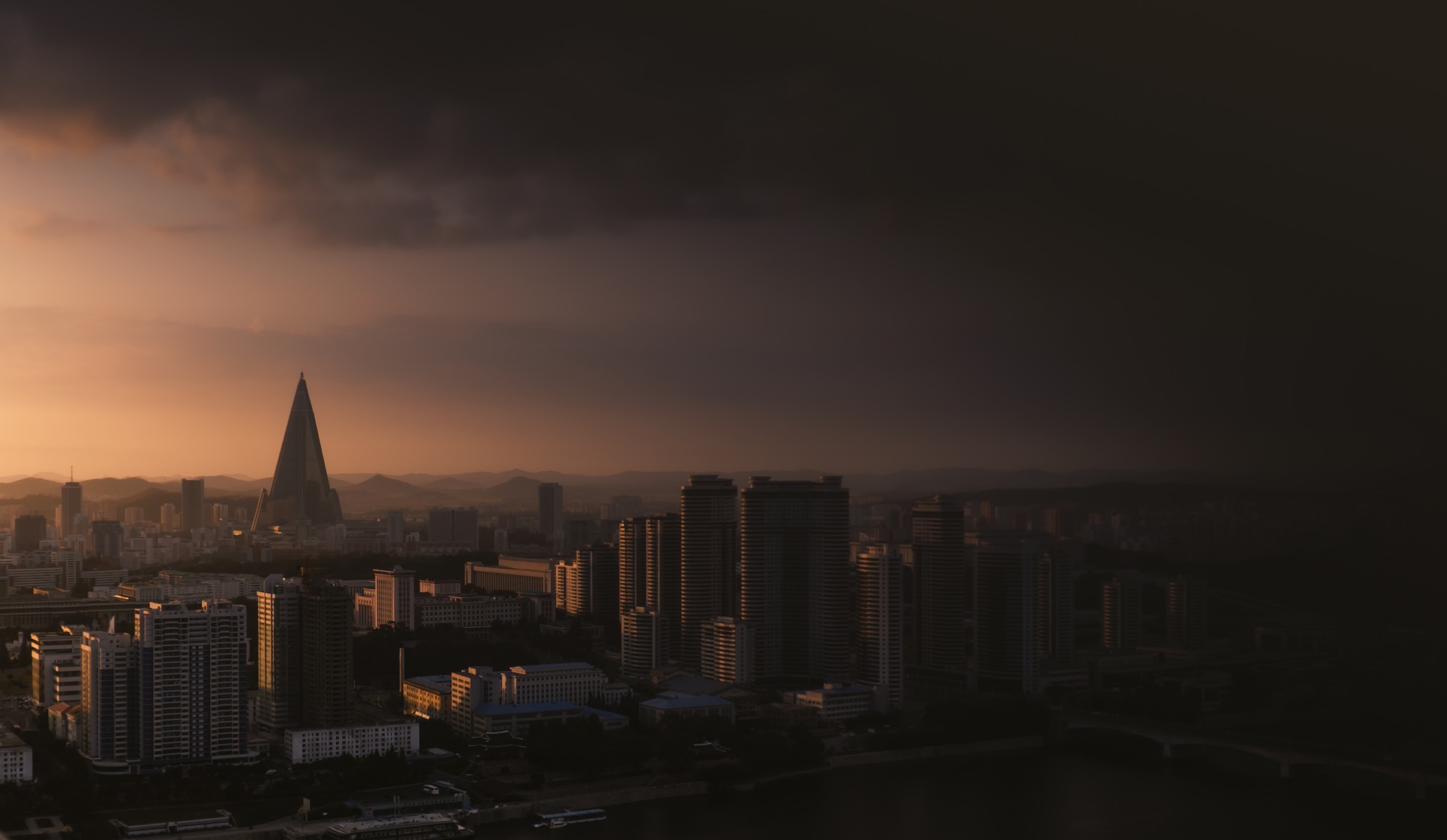
Pyongyang
These are among the most horrific atrocities in human history. And yet, the international community has largely allowed them to continue unpunished. The UN issues an annual condemnation of the abuses, which the North Korean government annually rejects. The Obama administration adopted a policy of “strategic patience” toward North Korea, a.k.a. doing nothing, and accomplished as much.
And what of North Korea’s brothers and sisters to the south? Surely South Korea wants to see peace and dignity for all Korean people. But their government has opted for a policy of appeasement, which it calls a “Sunshine Policy,” that gives Kim what he wants, free of charge.
The Moon administration’s “Sunshine Policy” is a policy of appeasement that gives Kim what he wants, free of charge.
They have good reason to tread lightly. North Korea possesses a nuclear arsenal, as well as a stockpile of chemical and biological weapons that could kill millions, and Kim Jong-un, the man who controls it all, is temperamental at best. A misstep could be catastrophic. But human rights cannot be considered optional. And children who are growing weak with hunger do not have time for strategic patience. South Korea and the international community have a moral responsibility to take action, and they are failing to do so. In their stead, we find ordinary citizens, activists like Park who risk everything to chip away at Kim’s rule.
***
Much of the Kim regime’s power lies in its control over the flow of information. Modern technology is slowly challenging this monopoly, but for now the North Korean government maintains strict control over the national narrative. It bombards its people with propaganda, mythologizing North Korea as a paradise, and Kim Jong-un as a god. With dissenting voices shut out or forcibly removed, the myth is accepted as reality.
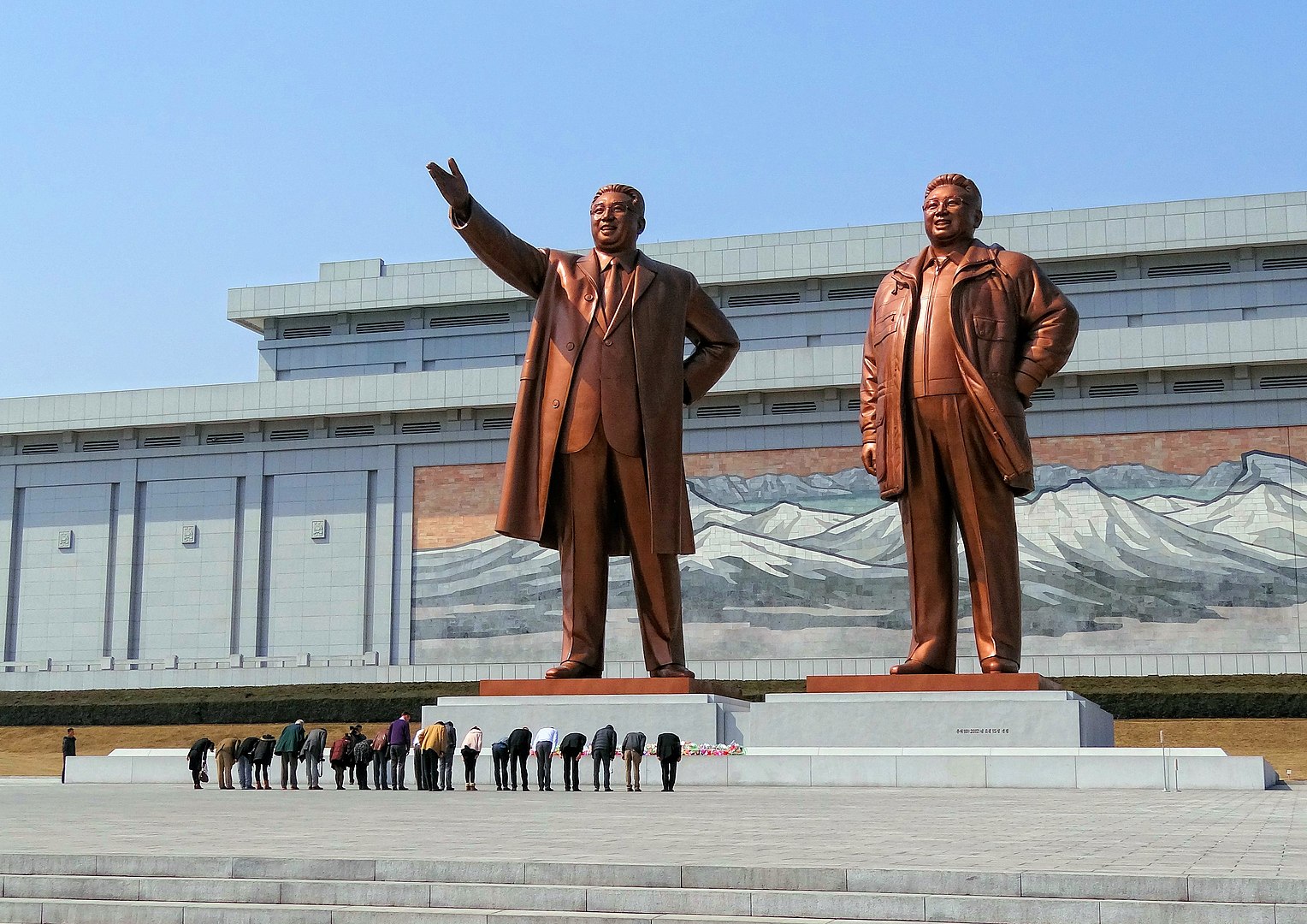
In North Korea, the Kims are worshipped as gods, and people are forced to bow to their statues. The two statues here represent Kim Il-sung and Kim Jong-il, Kim Jong-un’s grandfather and father. (Picture Credit: Bjørn Christian Tørrissen)
Activists seek to break the spell by smuggling information into North Korea. The aforementioned balloon launches are one way of achieving this. The balloons are loaded with leaflets and USB flash drives containing news and information about the outside world, as well as money, food, and even shortwave radios.
Suzanne Scholte is an American human rights activist and the 2008 recipient of the Seoul Peace Prize. She is the chairman of Free North Korea Radio (FNKR), an organization working with defectors to broadcast uncensored news and information into North Korea. Spurred by her faith in North Korea’s people, she believes the truth will set them free.
“I remember one young lady from Pyongyang who told me that when Kim Jong-il [Kim Jong-un’s father] died, she thought she and all the North Koreans would die. She kept pinching her arm, wondering why she was still alive. That is the power of those lies…information is key,” said Scholte. “So, Free North Korea Radio just reports truth: true history, what life is like in South Korea, comparisons between the two nations, the lifestyle of the Kim family, and concepts of human rights and religious freedom.”
Balloons and radio waves are not the only ways to reach the North Korean people. Some activists float bottles full of rice and flash drives into the ocean where North Korean fishermen pick them up. There are also cracks in border security: underpaid border guards willing to look the other way for the right price. Chinese cell phones also make their way across the border, allowing users to get a signal if they are within a certain distance of the Chinese or South Korean borders.
It’s difficult to ascribe a singular goal to these activists since many operate largely independently of one another. But ostensibly, the goal is regime change. Rather than continuing to ask the question, “How do we deal with Kim Jong-un?” activists are aiming to get rid of him. Revolution from within may be North Korea’s best hope.
Proponents of the balloon ban worry about the cost of aggravating Kim and question the effectiveness of the balloons, saying we don’t know how many actually reach their intended destination or how they’re received by North Koreans. Activists argue that Kim’s fury over balloon launches is evidence itself that they’re effective. Why would he need to threaten military action if the balloons pose no harm?
The truth is we can’t quantify how effective any of the information campaigns really are. Shockingly, the country that still claims to have zero cases of COVID-19, even while requesting foreign aid to acquire vaccines, does not release statistics on the number of balloons that reach their target or the number of citizens-turned-revolutionaries roaming the land (and one hopes that Kim is equally in the dark about the latter). But the ubiquity of balloons, leaflets, and flash drives in the stories of North Korean defectors indicates that these campaigns are permeating the country and changing minds.
Frankly, while I err on the side of believing the defectors, the efficacy of the balloons themselves is not my chief concern with the legislation banning them. Rather it’s what banning the balloons represents and the precedent it sets going forward that is most frightening. First they came for the balloons, and I did not speak out…
It’s what banning the balloons represents and the precedent it sets going forward that is most frightening.
The balloon ban did not emerge in a vacuum. It is rooted in what’s called the “Sunshine Policy” – a kill-them-with-kindness approach to the North Korean problem favored by former Presidents Kim Dae-jung and Roh Moo-hyun. Roh was a mentor to current President Moon Jae-in, who ran Roh’s campaign before later serving as his chief of staff. In its first iteration from 1998 to 2008, the Sunshine Policy helped warm political relations between the Koreas. However, critics called it a one-sided friendship that propped up the Kim regime at the expense of the South.
The stated goal of the policy is peaceful coexistence with North Korea, rather than regime change or reunification of the peninsula. Initially, a condition of the policy was reciprocity – I scratch your back, you scratch mine. But it quickly became clear that one side was doing all the scratching, and that the Kims’ itch is insatiable. So South Korea modified its approach, opting for a policy of “flexible reciprocity.” In practice this means that South Korea gives North Korea aid and makes diplomatic concessions, while North Korea gives only empty symbolic gestures.
Hwang Jang-yop, who was a member of the North Korean political elite before he defected to South Korea in 1997, called the Sunshine Policy “the greatest scam in history.” According to Scholte, who was close to him before his death, Hwang believed the Kim regime was on the verge of collapse at the time of his defection, and was only saved by the influx of aid (“Sunshine”) from South Korea. The North Korean government continued to exploit and terrorize its people, and further developed its nuclear weapons program – a pursuit now subsidized by the South Korean taxpayer, whose money helps keep the regime in the black.
Hwang Jang-yop, who was a member of the North Korean political elite before he defected to South Korea in 1997, called the Sunshine Policy “the greatest scam in history.”
“The same thing is happening with the Moon administration…it is helping to strengthen the Kim regime and ignoring the suffering of the North Korean people,” said Scholte, who expressed concern that the recent balloon ban signals to North Koreans that Moon is an ally to Kim. “I am sure that the regime is using that ban to show how much power Kim has on the world stage…to bring the ROK [South Korea] to its knees.”
This is what makes the Sunshine Policy so weak, especially with the balloon ban. Not only does it advance Kim’s agenda by further restricting the flow of information to North Korean citizens, it also gives Kim a PR victory, enabling him to say, “See? The South Korean President does what I tell him to do.”

US President Donald Trump with Kim Jong-un and Moon Jae-in in the Korean Demilitarized Zone
Moon’s particular brand of the Sunshine Policy has been called the “Moonshine Policy,” and like moonshine, it can lead to some bad decisions. With the balloon ban, Moon is making a mistake on two fronts. He is threatening the bedrock of his country’s democracy by restricting freedom of speech, and he is strengthening the Kim regime by giving in to its demands. While the balloon campaign aims to make North Korea more like the South, the Moonshine Policy is making South Korea more like the North.
While the balloon campaign aims to make North Korea more like the South, the Moonshine Policy is making South Korea more like the North.
In an op-ed in The Washington Post, Park Sang-hak detailed the administration’s efforts to suppress his activities. A tv station leaked his home address, his bank accounts are “under investigation,” and he is not allowed to leave the country. Park finds himself living an eerily similar life to the one he fled.
Scholte says that Park’s treatment is par for the course. Even without explicit legislation, the government can make life difficult for those involved in activism against the Kim regime. FNKR primarily relies on funding from outside South Korea due to the climate in the country. “It is nearly impossible to get support from people in South Korea who may want to help FNKR, but fear the government will come after them with audits and harassment,” said Scholte, calling this “a common technique” by the administration.
I’m sure Moon would argue this is an extreme case, which justifies exceptional limits on free speech. But it is in these extreme cases that sticking to our principles is most important. To quote John Stuart Mill in On Liberty, “Strange it is, that men should admit the validity of the arguments for free discussion, but object to their being ‘pushed to an extreme;’ not seeing that unless the reasons are good for an extreme case, they are not good for any case.”
Freedom of speech is the fundamental freedom of a self-governing nation, essential to a democracy. When we restrict speech due to threats of violence, we give in to what James Taranto of the Wall Street Journal called the “assassin’s veto,” which infringes on freedom of speech by killing, or threatening to kill, in response to speech. By allowing Kim to use the assassin’s veto to censor even speech in South Korea, and acting as an extension of his will by persecuting human rights activists there, the Moon administration is effectively rewarding his bad behavior, and is dealing a serious blow to its own fledgling republic. If Kim were to invade South Korea tomorrow, the South would go to war to protect itself, and would not cede control to him without a fight. But now, Kim doesn’t need to invade at all. He can merely threaten military action and South Korea will legislate to accommodate his demands. What happens the next time Kim sees something he doesn’t like in the South? What other freedoms will Moon’s government be willing to curtail to appease Kim? How much will it give up before realizing that, like most bullies, Kim will keep taking and taking until people find the backbone to stand up to him?
I find “Sunshine Policy” an interesting term. It’s used to express warmth and cheerfulness, the generous climate of a summer day. I’m sure the Kim regime feels that warmth, but the portly Kim casts a large shadow, keeping his people cold and in the dark. Moon and his allies forget that warmth is not the most salient quality of sunlight. After all, the sun can shine even when the mercury is low. The real power of sunlight is what it allows us to see. That is the sunshine North Korea deserves. Let them see the truth, whether through balloons or flash drives. Shine the light of day on Kim’s regime and see how long it stands.
